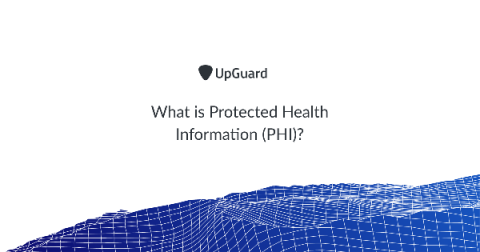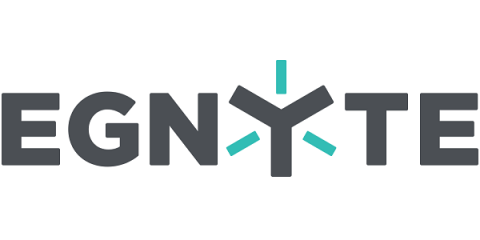Healthcare security: How can blockchain help?
This is part 2 of a blog on healthcare security. For more info, check out part 1. An independent guest blogger wrote this blog. When it comes to data security, there is no more important place than the healthcare industry. When people go to the doctor, they provide all of their most sensitive information, from their health issues to their phone number, to a doctor they trust.






